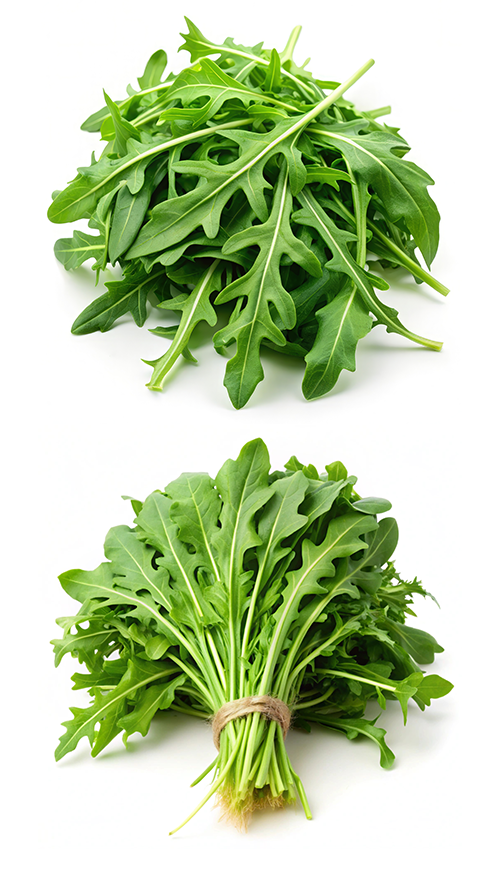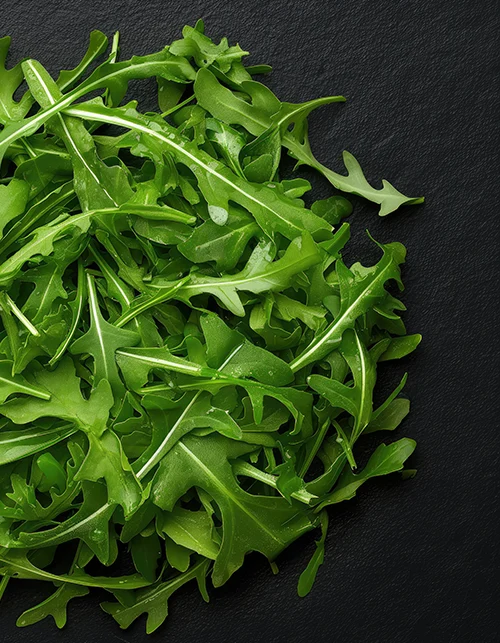Rucola herbs
Arugula, also known as rucola, salad rocket, or Italian cress, is a peppery and distinctive-tasting green that originated in the Mediterranean region. As a member of the Brassica, or Cruciferous, family, arugula shares its classification with cruciferous vegetables like Brussels sprouts, kale, cauliflower, and broccoli. This cruciferous salad green not only offers a unique flavor but also boasts potential cancer-fighting properties.
// Rucola Herbs / Arugula //
Benefits of Rucola Herbs / Arugula
Arugula's popularity is not only attributed to its taste but also to its numerous health benefits. This nutrient-dense food is rich in fiber and phytochemicals while being low in sugar, calories, carbohydrates, and fat. Some of the key nutrients found in arugula include:
Arugula vs. Other Greens
Arugula's highly distinctive and peppery crunch sets it apart from subtler-tasting salad greens. Its versatility allows it to be used in addition to or instead of most types of lettuce and herbs. Arugula's edible flowers, seeds, and leaves add a unique touch to salads and other dishes.
How to Use it
Arugula can be enjoyed raw or incorporated into various dishes. It makes a healthy topping for pizza, nachos, sandwiches, and wraps. As a side salad, arugula pairs well with a simple dressing of extra virgin olive oil, salt, and pepper. For a more substantial meal, combine arugula with cherry tomatoes, grilled chicken, and walnuts.
Arugula's distinctive taste complements citrus fruit and berry salads and can be used to make hot or cold pesto as an alternative to basil. When cooked, arugula becomes milder in taste, making it a versatile ingredient in pasta dishes and other cooked recipes.
Embrace the unique flavor and health benefits of arugula by incorporating it into your culinary creations and enjoy its vibrant taste and nutritional value.



